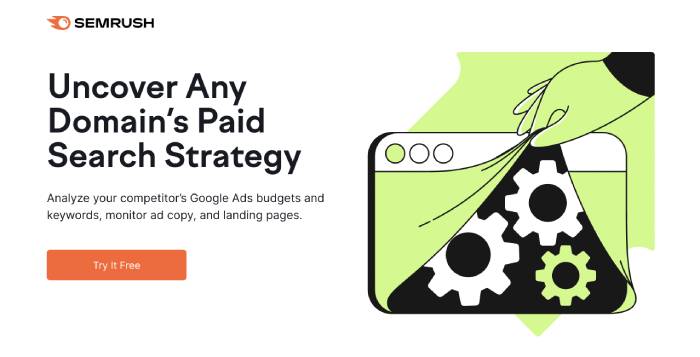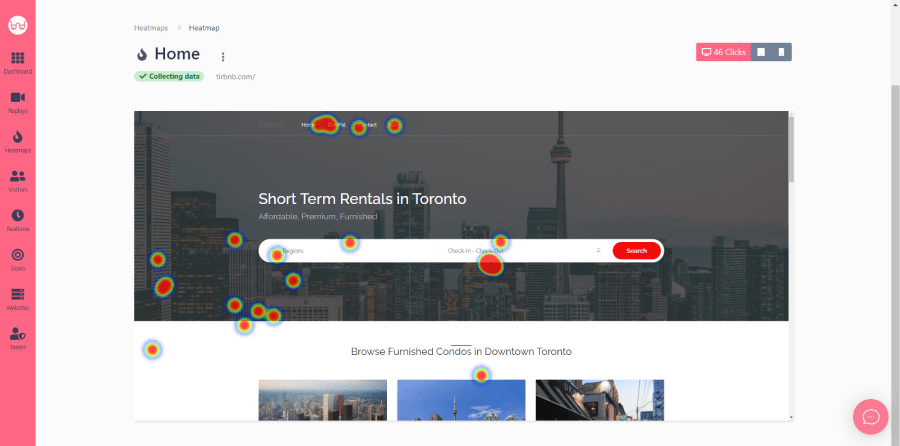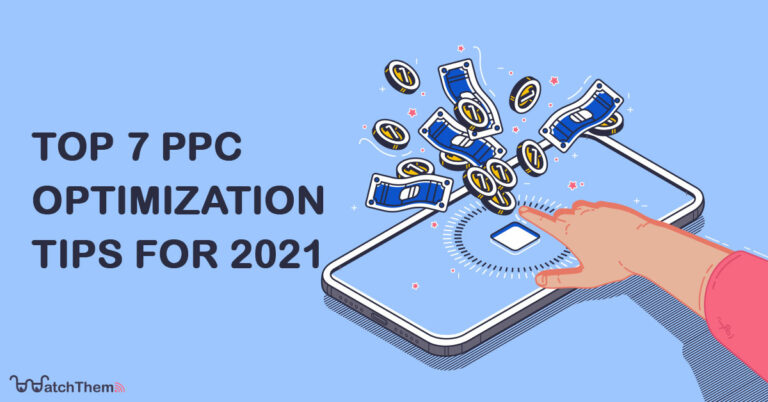Page Contents
With the stiff competition and Google’s ever-changing algorithm, PPC optimization (pay-per-click optimization) is a must. If you want to stay on top of your competition, you need to follow the latest PPC strategies. Otherwise, you might fail to generate new leads.
Many businesses create paid ads to attract new customers. However, without optimizing their ads, they might not be able to attract the right type of customers, wasting resources.
This blog post will look at some of the best PPC optimization tips for 2021. So, keep reading and find out how to improve your PPC performance.
What Is PPC Optimization?
Let’s start by learning what PPC optimization means. PPC optimization is analyzing PPC campaigns’ performances to improve them. By optimizing your PPC ads, you will target potential customers more effectively to reduce marketing costs.
The process requires improving different elements of your ads (such as the copy, CTA, target keywords, etc.) to get more clicks.
PPC Optimization Checklist
Here’s a PPC optimization checklist to help you get started with improving your ads:
1- Choosing the Right Keywords
First, you need to find the keywords that will get as many clicks as possible on your ads. Before using a keyword research tool, brainstorm which ones are related to your products or services. Then, choose generic keywords and try to make long-tail ones by combining them with adjectives describing your products or services.
The next step is to use a keyword research tool to check the search volume and the competition of each keyword. The high-volume, low competition keywords are the ones you should focus on to achieve the best results.
2- Identifying Negative Keywords
Creating a negative keyword list is essential to prevent your ads from showing up on irrelevant search queries. This way, you ensure your ads will reach the right people.
By using negative keywords, you will exclude specific keywords from your PPC campaigns to improve your targeting.
For example, you might want to run an ad for adults’ music classes. So, one of your negative keywords would be kids’ music classes. This way, people looking for music classes for kids won’t see your ad.
3- Reaching Your Target Audience
Your ads will reach a specific audience based on their demographic information by using demographic targeting. For example, you can target your ads based on information like users’ locations, ages, gender, etc.
Audience targeting is necessary for PPC optimization as it boosts ad effectiveness.
Related Article: What Is Behavioral Targeting and Why Does It Matter?
4- Creating a High-Converting Landing Page
After users click on your ad, they will see your landing page. This page is where you should encourage visitors to make a purchase. Moreover, you can check out this checklist to understand how to create a high-converting landing page.
Here is a good example from Semrush. It has a clear headline, and the CTA quickly catches the visitor’s attention.


5- Testing Your Landing Page
It’s not just enough to create a landing page; you should constantly test and optimize it. Unfortunately, less than 15 percent of marketers test their PPC landing pages.
Testing enables you to find the combination of landing page elements that results in more conversions. You can either use A/B testing or MVT testing. Google will randomly split the traffic between your landing page variations in both cases. Then, after a while, you can compare the conversion rate of the different variations to decide which one you should use.
It’s not always easy to analyze landing page test results. However, installing heatmaps on your website is an excellent idea to understand why a specific variation outperforms others.
You need a behavior analysis tool such as WatchThemLive to create heatmaps. With this tool’s heatmapping service, you can see how visitors interact with the elements on your landing page. Therefore, you can find out exactly what elements impact the conversion rate most.


Try out WatchThemLive heatmaps now! Sign up and find out how to build a high-converting landing page!
Best PPC Optimization Tips
Now, let’s take a look at some of the best PPC optimization techniques you should consider:
1- Optimize Your PPC Campaign Messaging
Make sure to optimize the content of your ads. First, find out what type of content your competitors are using for each of your target keywords. Then try to identify and fill the gaps in the market.
Next, focus on improving your value proposition. Your ad messaging should clearly state what makes your products or services different and better than the competition. More customers will choose you over your competitors by creating a strong product positioning. This results in increasing the conversion rate.
Another essential factor in optimizing your messaging is ad relevance. Your ad’s content must be relevant to the user’s search. Therefore, the more relevant your ads, the more often your ads will be displayed.
2- Improve the UX of Your Landing Page
Your PPC campaign results might not be satisfactory if you don’t optimize the user experience of your landing page. Optimizing the user experience improves your SEO and the conversion rate as well.
Here are some ideas for optimizing the UX of your landing page:
- Make sure the page loads within a few seconds.
- The landing page content should match the user’s search intent.
- Only use one CTA on your landing page related to the keyword intent.
- Include social proof on your landing page to boost customer trust.
3- Optimize Micro-Conversions
Optimizing the smaller steps that lead to the conversion goal is an excellent way to improve your PPC campaign. For example, imagine your campaign’s conversion goal is downloading lead magnets. If the number of downloads is low, it doesn’t necessarily mean you should make major changes like writing a whole new ad.
By tracking micro-conversions, you will know exactly where the problem is, so you won’t waste your time on useless improvements.
Watching session recordings is a great way to find out what prevents your visitors from converting. WatchThemLive session replays enable you to see what happens right before people leave your website. For example, visitors may not download the lead magnet because the form is too long, frustrating them, or the CTA button is not working.
Want to try out WatchThemLive session replays? Sign up now and find out how to boost conversions!
4- Measure Your PPC Campaign Performance
Measuring your PPC campaign performance is crucial to understanding how to improve it and make better campaigns in the future. So, make sure to track the proper PPC KPIs to find where to focus your effort.
Here are some of the most important KPIs you should keep an eye on:
- Return on ad spend (ROAS)
- Average click-through rate
- Quality score
- Impression share
- Average cost per click
- Conversion rate
- Cost per conversion
5- Don’t Forget about Retargeting
The majority of your potential customers will not convert the first time they visit your website. That’s why retargeting campaigns are so important. Remarketing enables you to display your ads to people who have clicked on them before to increase the chance of conversions.
6- Create Responsive Search Ads
Responsive search ads allow you to create multiple headlines and descriptions for your ads. Then, Google will show users the best combination of headlines and descriptions based on their searched keyword, device, and online behavior.
With responsive ads, it’s more likely that the right message will reach the right people. This type of ad also facilitates A/B testing.
7- Reevaluate Your PPC Keywords
And here’s our last PPC optimization strategy. If you haven’t reevaluated your PPC keywords for quite a while, you should do it now. Find more high-performing keywords, remove the poor-performing ones, and update your negative keyword list. Even small changes to your keywords may result in more clicks and conversions.
Conclusion
PPC optimization is necessary to improve your ads’ effectiveness. PPC marketing is a great way to grow your business, but you must continuously improve your campaigns. Otherwise, your efforts will likely go to waste.

